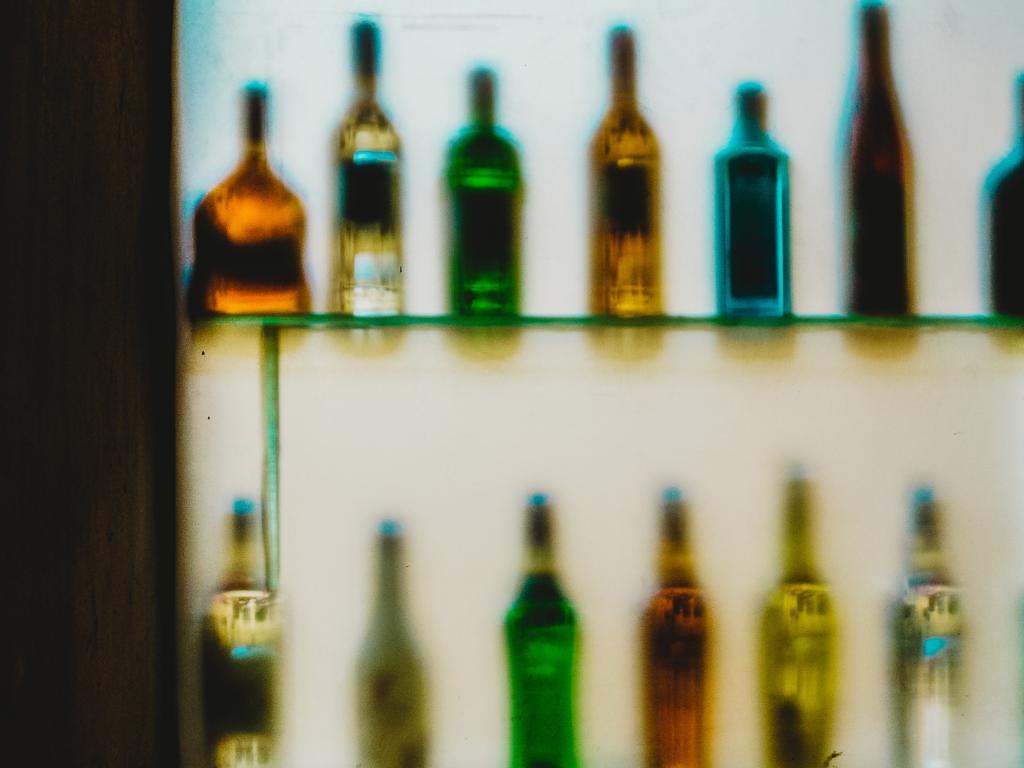REEP to lead study on the implementation of a Minimum Unit Price on alcohol in the Western Cape


The lockdown has highlighted the detrimental health and societal effects of alcohol abuse in South Africa. Alcohol sales bans have been associated with dramatic decreases in trauma cases at South Africa’s hospitals, while the lifting of the bans saw trauma cases return to their elevated levels.
A previous study on the feasibility of an MUP on alcohol in the Western Cape clearly showed that such a policy would substantially decrease the alcohol consumption of regular heavy drinkers. The main reason is that heavy drinkers tend to purchase very cheap liquor. Occasional heavy drinkers (i.e. binge drinkers) and intermediate drinkers were also shown to substantially decrease their consumption if an MUP is introduced. The impact of an MUP on moderate drinkers is limited. As such, an MUP is a very sharp instrument in targeting problematic drinking.
The first phase of the study entails the development of two models – one by REEP and one by Sheffield University in the UK - to estimate the likely impact of an MUP on drinking patterns and the associated health effects on heavy drinkers and moderate drinkers in the Western Cape. The first phase will also take lessons from other jurisdictions that have implemented MUPs on alcohol. These include Scotland, Russia and Northern Territory in Australia.
The second phase of the project, which will start in the second half of this year, will focus on political economy and legal aspects related to the implementation of an MUP in the Western Cape.
For more information about this project, please contact Nadine Harker at nadine.harker@mrc.ac.za.
